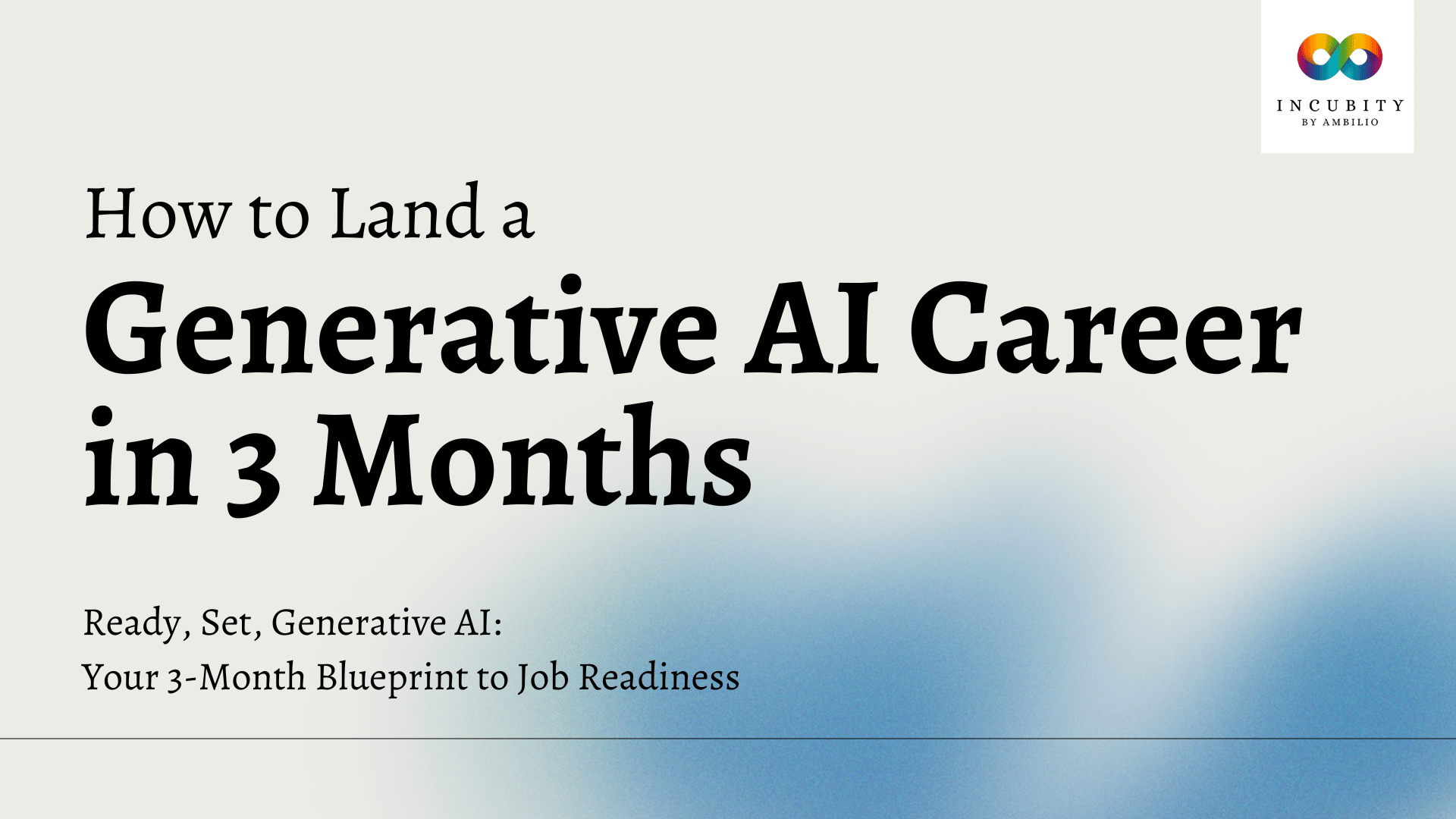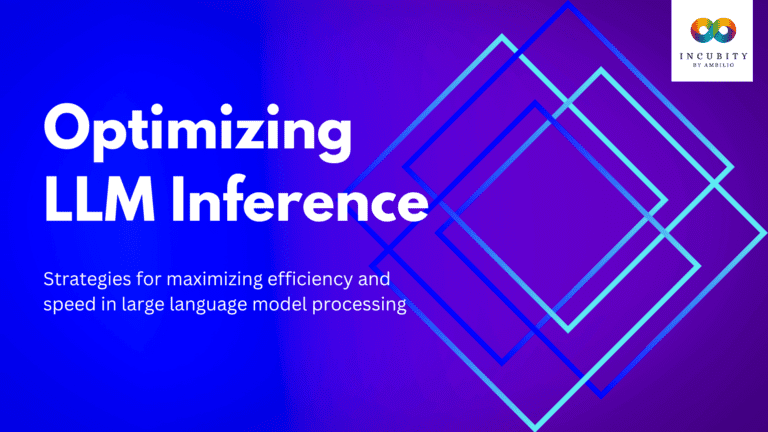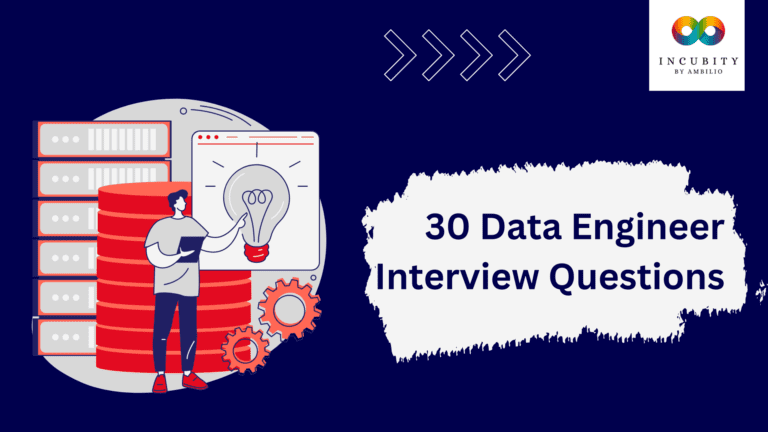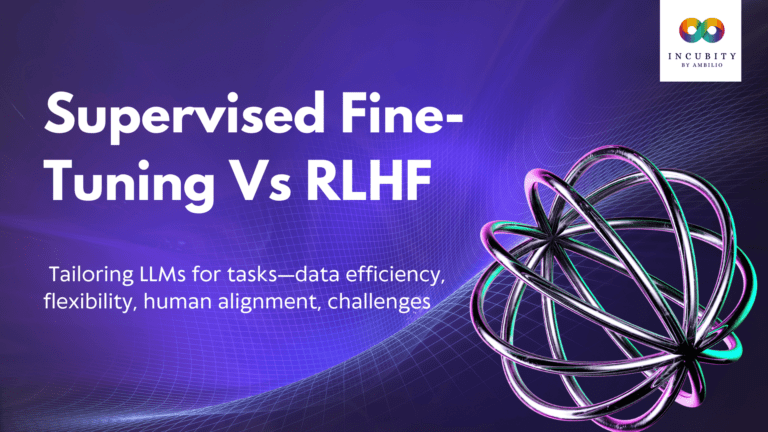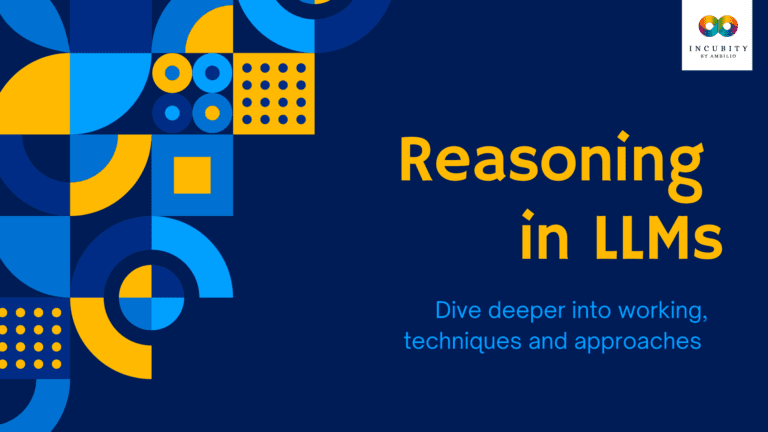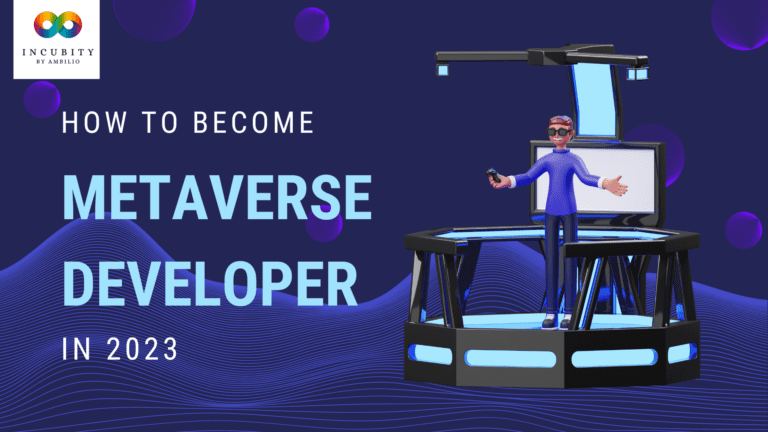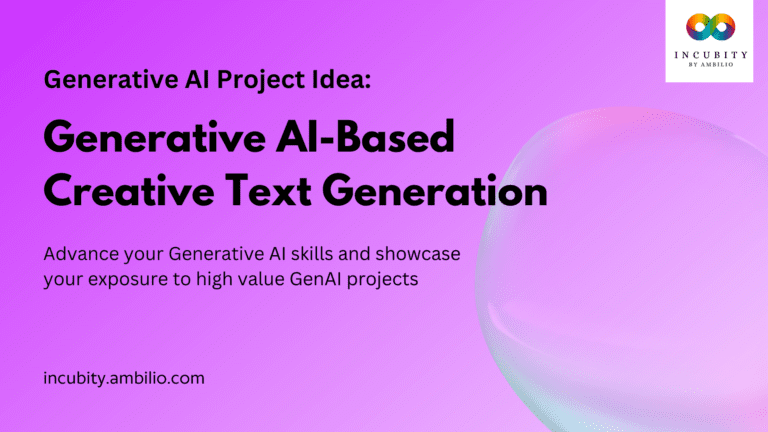The world of Artificial Intelligence (AI) is rapidly evolving, with Generative AI emerging as one of its most fascinating and promising subfields. From creating lifelike images to generating human-like text, the potential applications of generative AI are virtually limitless. For beginners looking to embark on a career in this dynamic field, a structured 3-month preparation plan can provide the essential skills and practical experience needed to succeed. In this comprehensive guide, we’ll outline a step-by-step roadmap covering fundamental subject areas, specialized training, and hands-on projects crucial for success in generative AI career.
Month 1: Building a Strong Foundation
The journey begins with laying a solid foundation in Python programming and mathematics, the cornerstones of AI development.
Week 1-2: Python Programming
Python serves as the primary language for AI and machine learning due to its simplicity and extensive libraries. Beginners should start by familiarizing themselves with Python syntax, data structures, control flow, and functions. Online platforms like Udemy and Coursera offer beginner-friendly Python courses with hands-on exercises and projects to reinforce learning.
Week 3: Mathematics (Linear Algebra, Statistics, Calculus)
A strong understanding of mathematics is essential for grasping the underlying principles of machine learning algorithms. Dedicate this week to refreshing your knowledge of linear algebra, statistics, and calculus. Focus on vectors, matrices, probability distributions, hypothesis testing, derivatives, and optimization techniques—all of which play a crucial role in AI development.
Week 4: Machine Learning Basics
With a solid foundation in Python and mathematics, it’s time to delve into the basics of machine learning. Learn about supervised and unsupervised learning, regression, classification, and model evaluation. Explore popular machine learning algorithms like linear regression, logistic regression, decision trees, and clustering. Understand how to evaluate model performance using metrics such as accuracy, precision, and recall.
Month 2: Deepening Your Knowledge
In the second month, deepen your understanding of AI by exploring deep learning, computer vision, and natural language processing (NLP).
Week 1-2: Deep Learning and Neural Networks
Deep learning is at the forefront of AI innovation, powering advancements in computer vision, NLP, and generative AI. Study artificial neural networks, including feedforward, convolutional, and recurrent neural networks (RNNs). Learn about deep learning frameworks like TensorFlow and PyTorch, and experiment with building and training neural network models.
Week 3: Computer Vision and NLP
Computer vision and NLP (Natural Language Processing) are two critical domains within AI with wide-ranging applications. Dive into image processing techniques, feature extraction, object detection, and image classification in computer vision. In NLP, focus on text preprocessing, tokenization, word embeddings, sentiment analysis, and machine translation. Explore libraries like OpenCV and NLTK to implement these techniques in Python.
Week 4: Introduction to Generative AI
Transition to the fascinating world of generative AI by understanding the principles behind generative models. Learn about variational autoencoders (VAEs), generative adversarial networks (GANs), and autoregressive models. Explore how these techniques are used to generate realistic images, text, and other forms of creative content.
Join Incubity Live Training on Generative AI: Generative AI Live Training: Instructor-Led Bootcamp
Month 3: Specialization and Hands-On Experience
In the final month, specialize in generative AI and gain practical experience through industry-relevant projects and internships.
Week 1-2: Advanced Generative AI and LLMs
Delve deeper into generative AI by studying advanced topics such as style transfer, image-to-image translation, and text generation. Explore transformer-based language models like BERT, GPT-2, and GPT-3, and understand their applications in various NLP tasks. Enroll in specialized courses or workshops to gain in-depth knowledge and hands-on experience with these advanced techniques.
Take Incubity’s Self-apced course on Generative AI: Mastering Generative AI and LLMs: From Beginner to Black Belt
Week 3-4: Industry-Relevant Projects and Internships
Apply your knowledge to real-world scenarios by working on industry-relevant projects. From data preprocessing to model deployment, engage in end-to-end project development to showcase your skills. Additionally, consider pursuing internships with companies specializing in generative AI to gain practical experience and expand your professional network.
Join Incubity’s Generative AI Project Mentoring program:
-

 Generative AI Project and Research Mentoring$200.00 – $400.00
Generative AI Project and Research Mentoring$200.00 – $400.00
Final Words
In conclusion, embarking on a career in Generative AI requires dedication, continuous learning, and hands-on experience. By following this structured 3-month roadmap, beginners can build a strong foundation in Python programming, mathematics, machine learning, deep learning, computer vision, and NLP, ultimately specializing in generative AI. Through industry-relevant projects and internships, aspiring professionals can prepare themselves for the challenges and opportunities that lie ahead in this rapidly evolving field.

